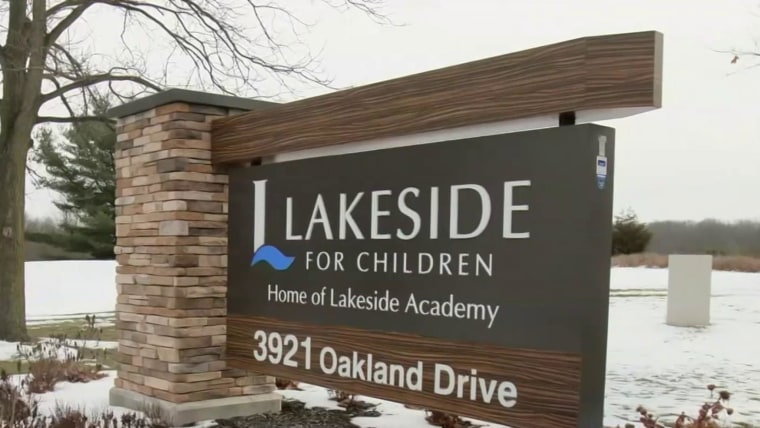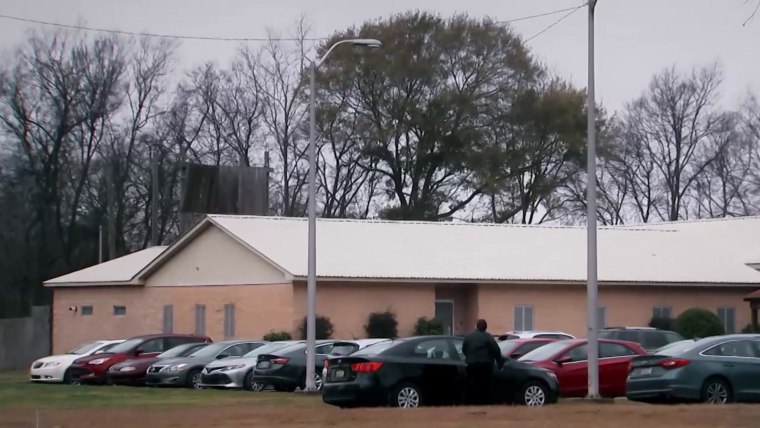Despite an order by Michigan Gov. Gretchen Whitmer banning a state child welfare agency from contracting with Sequel Youth and Family Services, courts have continued to send youths to out-of-state facilities run by the troubled behavioral health provider, records show.
Whitmer ordered Michigan Department of Health and Human Services officials in June 2020 to stop placing children in Sequel-run facilities after 16-year-old Cornelius Frederick died after he was restrained by staff at the Lakeside Academy in Kalamazoo.
Yet records obtained by a federally appointed watchdog group through a Freedom of Information Act request show at least seven children were housed in facilities run by the company in Woodward, Iowa, and Goddard, Kansas, as of August.
“It’s more than a year after Cornelius was murdered — why are we still sending these kids to these facilities?” said Rebecca Kasen, director of advocacy at Disability Rights Michigan, the federally appointed monitoring group.
Three employees were charged with child abuse and involuntary manslaughter in connection with Frederick’s death, which was ruled a homicide. One received probation for pleading no contest to child abuse; the other two have not yet entered pleas.
About a month after Frederick’s death, Whitmer, a Democrat, ordered MDHHS “to take every step necessary to ensure Sequel Youth and Family Services … no longer provides services for facilities licensed by the department.”
In addition to Lakeside, Sequel ran a similar residential behavioral health program called Starr Commonwealth in Albion, Michigan. Both had racked up dozens of regulatory and safety violations in the years leading up to Frederick’s death. Lakeside shut down completely, and Starr ended its Sequel-run program following Whitmer’s directive.
MDHHS has not placed any children in a Sequel facility since then, and it “will continue to ensure children in its care are not placed in facilities owned or operated by Sequel,” said department spokesman Bob Wheaton. But if local courts decide to place a child in an out-of-state facility — which Michigan agencies have no licensing authority over — they do not need the department’s approval , even when it foots the bill. Sequel charges government agencies $275 or more per day to care for a child, records show, and Wheaton said MDHHS covers 60 percent of that cost.
“State law requires the department to reimburse local courts for services and does not give the department authority to deny such reimbursements, nor does it require the court to inform MDHHS where the child is placed,” Wheaton said.
As of April, Sequel operated programs in 19 states, but it’s unclear how many facilities the company continues to run. It closed operations at 12 facilities in the past two years and no longer publicly lists its programs. Sequel did not respond to requests for comment.
“This is not OK, and the public needs to know,” Kasen said. “If the governor said we can’t do this, and we still continue to do this using a technicality, that is outrageous.”
Robert Leddy, a spokesman for Whitmer’s office, deferred to MDHHS and local courts for comment.
Multiple states — including California, Oregon and Washington — said they stopped placing children in Sequel facilities since Frederick’s death as additional allegations of abuse and neglect of children in the company’s care came to light.
At a news conference last month, entertainer Paris Hilton evoked Frederick’s death as she campaigned for new federal regulation of youth facilities, saying the patchwork approach to oversight hasn’t been effective.
Erin Einhorn and Hannah Rappleye contributed.
Source: | This article originally belongs to Nbcnews.com












